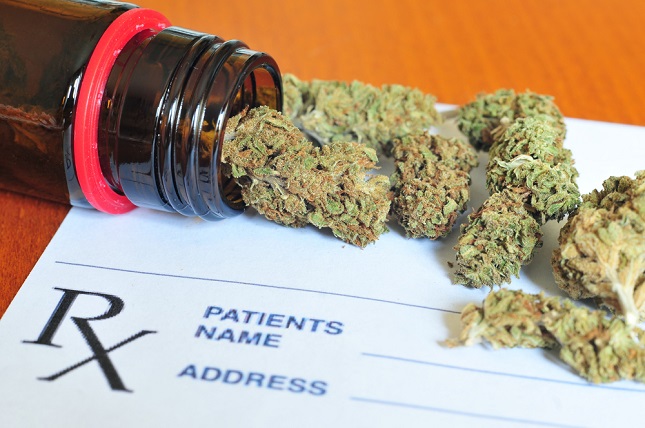Australia, July 8, 2019 (HEMPGAZETTE)- The legalising of cannabis in Canada for the recreational market has apparently impacted on accessibility to medical cannabis – and created other issues.
A survey commissioned by Canadians for Fair Access to Medical Marijuana (CFAMM), the Arthritis Society and the Canadian Pharmacists Association (CPhA) carried out in January this year found a quarter of patients are finding it more difficult to access their cannabis medicines.
“The reality is since legalization it has become easier for recreational users to purchase cannabis than it is for patients to access it through the long-established medical cannabis stream,” states the accompanying release.
Medical Vs. Recreational Marijuana – What’s The Difference?
Medical grade cannabis is subject to more stringent quality control – particularly in relation to achieving consistent specific levels of THC and/or CBD, which is important when it comes to treating or managing a condition. It is more difficult and costly to produce, so manufacturers understandably gravitate to servicing the recreational sector.
That this is happening in Canada isn’t surprising – over the border in the USA, Oregon experienced a similar situation. Oregon legalized cannabis for recreational use in 2014, and since then the state’s medical cannabis market has tanked.
The potential for the same to happen in Canada was an issue raised prior to recreational use becoming legal back in October last year. Coinciding with legalization was also the introduction of a tax on medical cannabis – $1 per gram or 10 per cent of the retail price, whichever the greater; putting extra financial stress patients.
According to the organisations, many patients are now buying their “medicine” – and receiving advice – from recreational cannabis outlets – and this creates issues in relation to quality and dosage.
“It’s time the health system treat it as medicine,” said Janet Yale, Arthritis Society President and CEO. “And that starts with ensuring that patients have timely, reliable and affordable access to the strains, forms and concentrations they need, and that they have the guidance of a health care professional throughout the process.”
According to the last published statistics from the Canadian Government, 342,103 patients were registered for medicinal cannabis use as at the end of September last year.
 Investment value finders Investment value finders
Investment value finders Investment value finders




